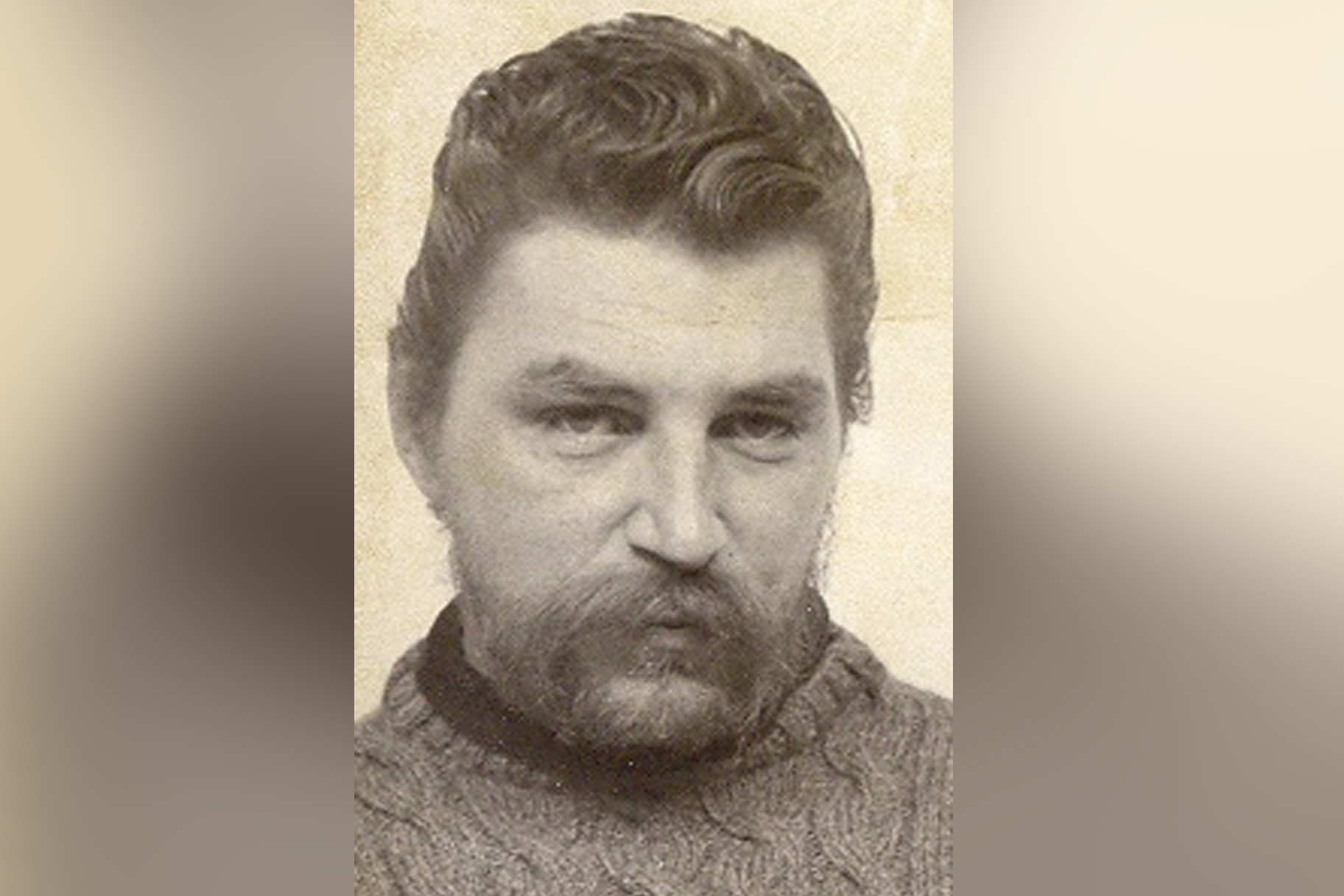Create a free profile to get unlimited access to exclusive videos, breaking news, sweepstakes, and more!
New York Man Convicted In Upstate N.Y. Potato Hill Slaying Dies In State Prison
"He is the most notorious convicted killer in the office," Oneida County District Attorney, Scott McNamara, said of Bernard Hatch, who died Nov. 8.

A New York man found guilty in the brutal murder of a mother of five almost 50 years ago died in state prison earlier this month, officials said.
Bernard Hatch, 81, died at Fishkill Correctional Facility Regional medical unit on Nov. 8, the New York State Department of Corrections and Community Supervision confirmed. He had been convicted in the 1973 murder of Mary Rose Turner, who died on Potato Hill Road in the town of Steuben in central New York.
Hatch was pronounced dead at around 5:57 p.m. His cause and manner of death haven’t been released, pending an autopsy by the Orange County Medical Examiner’s Office, prison officials added.
"He is the most notorious convicted killer in the office," Oneida County District Attorney Scott McNamara told the Utica Observer-Dispatch following news of Hatch’s passing. "Bernard Hatch is someone that I get asked about more than anybody else."
On April 26, 1973, the “mutilated female body” of Turner was found by police in a freshly dug makeshift grave, county prosecutors said. She was “footless, armless, and faceless.”
Earlier that day, a local farmer later reported seeing a green car dragging “what appeared to be a human body,” apparently tied to the rear of the vehicle driving north on Potato Hill Road, a police report obtained by Oxygen.com stated. A state trooper later found Turner’s body nearby after following a “bloody trail” on the roadway.
Investigators determined that the 56-year-old New York mother had been out for an early morning walk when she encountered Hatch, who tied her to his 1966 green two door Plymouth Satellite and fatally dragged her along the road. Hatch had been working the graveyard shift at a nearby gas station the night of Turner’s killing.
He was indicted on second-degree murder charges in Turner’s killing on Oct. 17, 1973, according to a copy of the indictment obtained by Oxygen.com.
Hatch’s trial would be one of the longest and most expensive legal proceedings in the history of rural Oneida County.
During trial, one of Hatch’s friends testified that the convicted man had once boasted about Turner’s killing, telling him he “tied a girl behind his car to try to get the truth out of her.”
In April 1975, a jury found Hatch guilty. He was subsequently sentenced to life in prison.
“You should have seen what I did to the bodies before I buried them,” Hatch said after receiving his sentence, according to the Oneida County District Attorney.
Since 1998, Hatch has applied for, and been denied, parole multiple times — including as recently as August.
“While this panel notes your personal growth and productive use of time, discretionary release shall not be granted merely as a reward for good conduct or efficient performance of duties while confined,” a New York State parole board said in a 2019 decision, the Rome Sentinel reported.
Despite the repeated denials, Hatch remained confident over the years that he would be exonerated. Last year, the Innocence Project, which helps free wrongly convicted individuals, sought numerous documents in the case from the Oneida County District Attorney.
"The truth will be revealed,” he told the Observer-Dispatch in 2016. “Everything does. If there's one thing written in stone, it's what goes around, comes around, or as the Bible says, you will reap what you sow.”
























